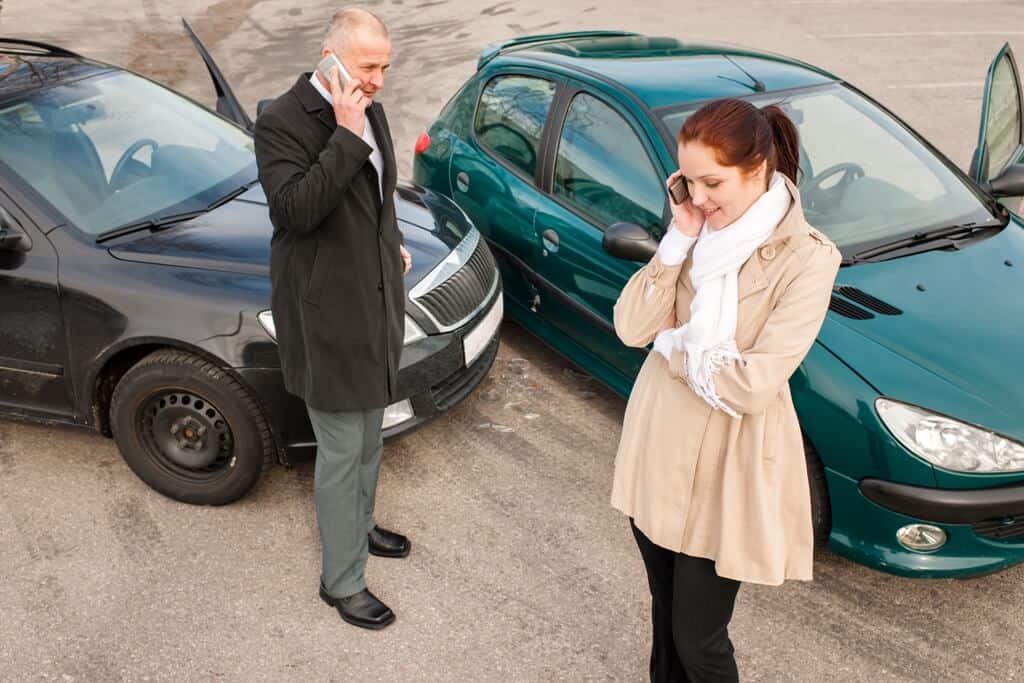
A common question we get at the office is “Should I file a claim?”
This is an excellent question. Sometimes it is hard to an answer.
There are pros and cons to using your insurance to repair your vehicle. The good thing about filing a claim is that the insurance you have been paying for will finally be used and will save you money on getting the repair done. The downside to using your insurance is that often times filing a claim with your insurance will lead to higher monthly premiums that you pay.
So how do you decide if you should file a claim? Answering these questions will give you a good idea:
- Was it another person’s fault? If someone else damaged your car or injured you, the best practice is to file a claim with THEIR insurance company. By filing a claim with their insurance company, you are not opening a claim with your own carrier. This can potentially save you from being surcharged for a claim that wasn’t your fault. However, you’re also subject to their insurance claims process and any payouts determined by their claims adjuster.
- Is there another party involved? If there was somebody in the accident with you, generally the smart thing to do is to involve insurance. This is for a couple of reasons. Even if at the scene the other person doesn’t seem injured, they might get sore later on and go see a doctor. Those bills get expensive and they could try and get you to pay it. Another reason is that without an insurance settlement the other party can tell you almost any number they come up with to fix their damaged car. You can try to fight it, but often times they don’t budge. What is unfortunate too, is that if you try to settle with the other person on your own and later they come back with outrageous amounts, then it could be too late to get your insurance involved. In nearly every insurance contract it is required of you to immediately let your insurance company know of any damage.
- Do you have coverage for your own car? A lot of people forget when they have liability only coverage on their car that there is no coverage for their own car if they were are at fault for causing the damage. If you are worried about fixing your car after an accident that you cause, you will want to make sure you have comprehensive and collision coverage.
- What is your deductible? Commonly people have around a $500 deductible if they do have coverage for their own car. This means that your insurance would only pay out any damage to your car above and beyond that deductible amount. If your deductible is $500 and the repair will cost $700 it makes sense to handle that on your own, because the insurance company is only going to pay you $200 (cost of the repair minus the deductible) The small amount of money you get ($200 in this case) isn’t worth the cost of having your rates increased (most carriers surcharge for a paid claim). However, if there is extensive damage that you wouldn’t be able to cover out of pocket, then file the claim. After all, that is what insurance is for.
- Is it a comprehensive or collision claim? This is important because, generally speaking, your insurance rates aren’t affected by comprehensive claims but they are affected by collision claims. Comprehensive claims include things like windshield chip and repair not caused by an accident. Hitting an animal, vandalism, theft, or something falling on your car are examples of Comprehensive claims. Collision claims are accidents where your run into another car, a building, a light pole, or something similar.
- Are you injured? Everyone in Utah should have personal injury protection as part of their insurance. This means we all have some coverage on our auto policy to cover injuries caused by a car accident, whether we were at fault or not. If you visit a doctor or hospital after an accident, your auto policy will pay out first from the Personal Injury Protection before they bill any health insurance policy. If you are injured and the accident wasn’t your fault, using this coverage should not affect your rate.
Deciding to file a claim shouldn’t be a complicated matter, however, there are a few things to consider before filing the claim. We’ve touched on a few of them here.
Hopefully, these questions and explanations will help give you a good idea of whether you should file a claim or not. If you’re insured with our agency, you have the Inside Advantage. Part of our job is to counsel with you regarding your individual claims situation. We’ll help you evaluate the pros and cons of filing a claim and help guide you through the claims process.
If you’re not insured with our agency, why not? Schedule a quick call and let’s see how we can provide you greater value for your insurance dollar
Article Source: https://insideinsuranceagency.com/should-i-file-an-auto-claim/

